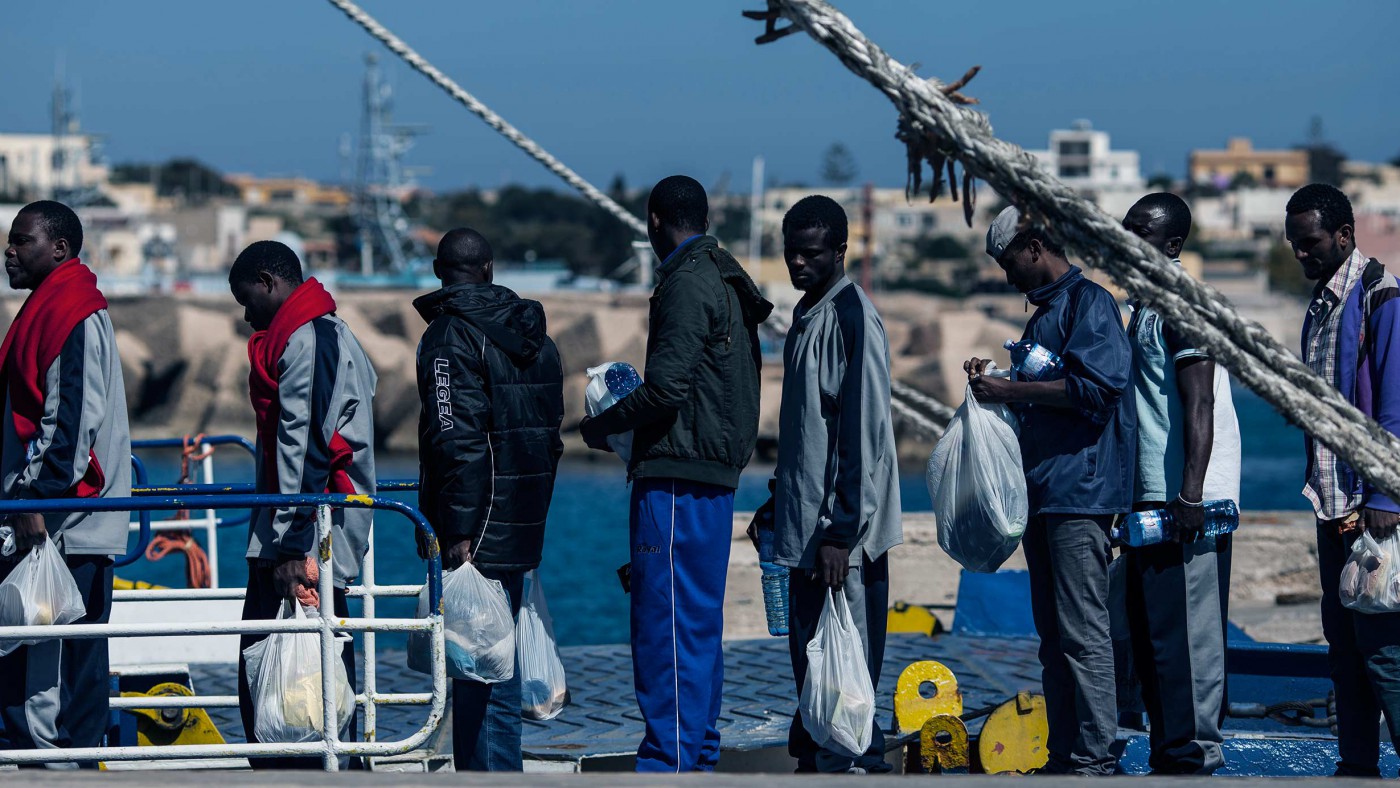This is the weekly newsletter from Iain Martin, editor of CapX. To receive it by email every Friday, along with a short daily email of our top five stories, please subscribe here.
A trader is arrested at his humble home in Hounslow, a West London suburb thousands of miles from the United States and a million miles from the Chicago mercantile exchange. Navinder Singh Sarao is now fighting extradition on charges of causing the famous Flash Crash of May 6 2010. In Riga, European finance ministers gather to try and resolve the Eurozone crisis which could result in indebted Greece being kicked out of the continent’s single currency.
Meanwhile, the European Union’s leaders unveil a package of measures they hope will deal with the refugee crisis on Europe’s southern borders. It is believed that more migrants lost their lives in the Mediterranean last week than were drowned in the Titanic disaster. Those refugees are fleeing war, terrorism and economic hardship, travelling long distances in huge numbers in search of a better life.
Those events this week – taking in Hounslow, Chicago, Athens and the war-torn coast of Libya – all illustrate different aspects of the globalisation story and the impact of increased mobility. While mobility of capital and labour have long been features of capitalism, the enormously successful liberalisation that ushered in globalisation, coupled with technological change, has increased the scale and speed at which ever larger amounts of money and people can cross borders. The West is struggling to work out how to respond.
Back before the financial crash, Gordon Brown and Tony Blair used to talk optimistically about the then fashionable concept of “inter-connectedness”. While one can see what they meant, when the crash came it turned out that the bill for a downside of globalisation, and inter-connectedness in finance, landed with old-fashioned national governments and their taxpayers.
Even worse, when governments are overwhelmed by people trafficking and cannot cope with migration, the migrants pay with their lives. On CapX this week, Dan Hannan and Philippe Legrain clashed on what the best response should be to the migrant tragedies in the Med.
And Zac Tate, the deputy editor of CapX, wrote a powerful piece on what might be done to ensure that the financial losers of globalisation, the lowest paid and those about to feel the impact of more technological change, are not left behind. How can they be helped?
Pretending such questions don’t exist, or saying that responding is all a matter of the 1% explaining slowly to the 99% how fortunate the 99% are, is daft. For a start, it ignores the political reality that everyone in the West can vote and that people tend not to like being patronised, and it ignores the reality that there is not much point to massive increases in wealth if very large numbers of people do not benefit.
This isn’t to accept the bogus agenda of Monsieur Piketty. Rather, the Piketty prospectus should be challenged at every turn. However, if large numbers of voters in Western countries come to perceive capitalism as a racket, or if it operates as what the entrepreneur Declan Ganley calls crony corporatism, then it is unlikely to be popular with those voters.
It means that the task of making capitalism popular, and winning the case for markets, will involve
Elsewhere on CapX this week we analysed the British general election. Chris Deerin explained the peaceful revolution taking place in Scotland, and I asked if David Cameron can turn around an election he does not – as it stands – appear to be on course to win. Still there are thirteen days to go.


